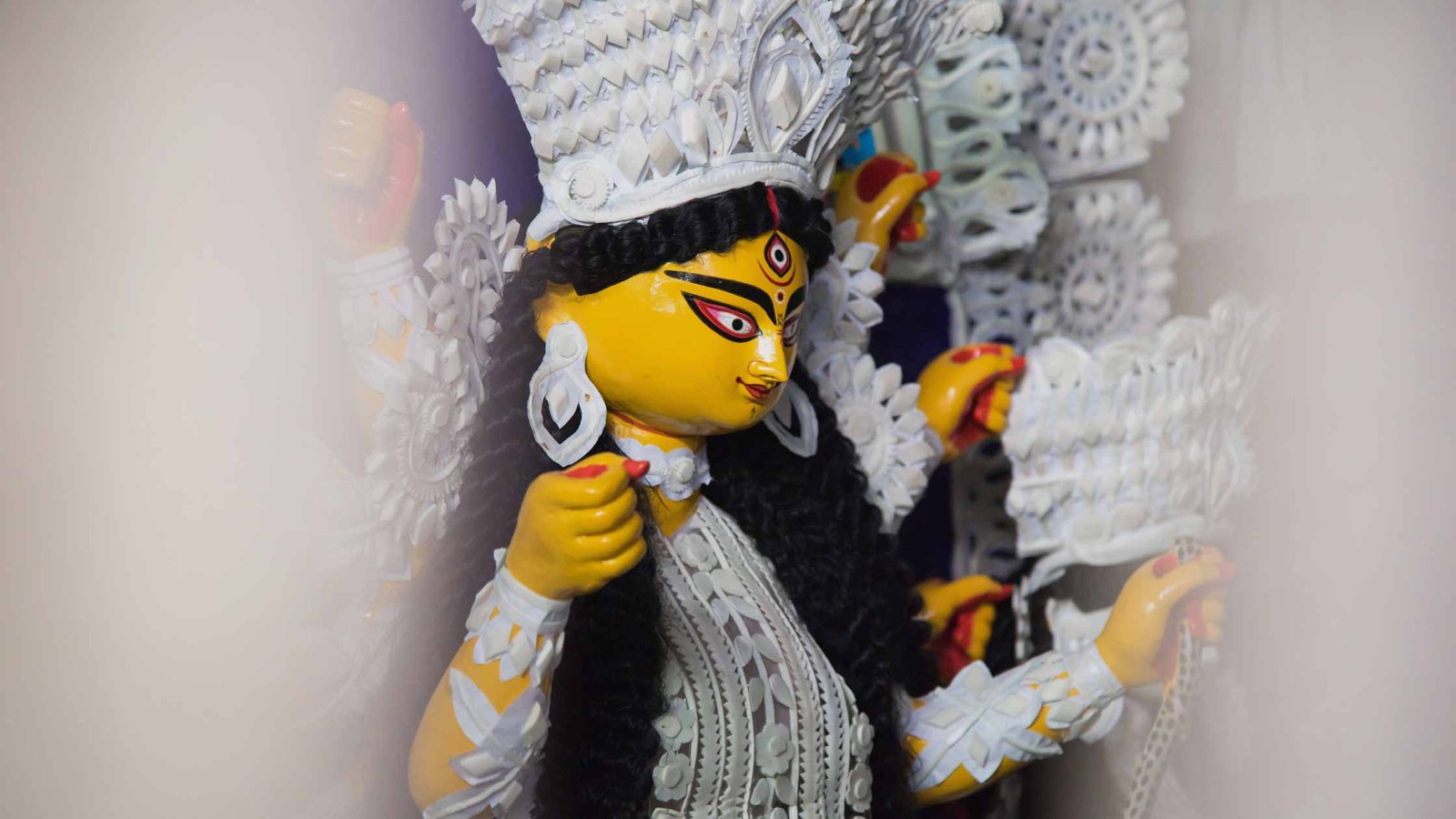“Bengal’s Bonedi Bari Durga Puja Names: A Tapestry of Tradition and History”

Durga Puja, one of the most celebrated festivals in India, particularly in West Bengal, is known for its grandeur, devotion, and cultural significance. While the entire state comes alive with vibrant celebrations during this time, one unique aspect of Durga Puja in Bengal is the “Bonedi Bari” tradition. Bonedi Bari Durga Puja refers to the celebrations held in the ancestral homes of aristocratic families, and these pujas have distinct names that are often steeped in history and tradition. In this article, we will explore the fascinating world of Bonedi Bari Durga Puja names, shedding light on their importance and significance.
The Roots of Bonedi Bari Durga Puja
The term “Bonedi Bari” literally translates to “house of the well-off.” Bonedi families are those who have historically held social prominence and often possess significant ancestral properties. Durga Puja, the worship of the goddess Durga, is a central element of Bengali culture, and it has been celebrated with great zeal and enthusiasm in these aristocratic households for centuries.
One of the most striking features of Bonedi Bari Durga Pujas is the unique names that each puja is given. These names are more than mere labels; they encapsulate the history, heritage, and identity of the family and the puja itself.
The Significance of Durga Puja Names:
- Historical Context: Each Bonedi Bari Durga Puja name carries a historical significance that often dates back to the time when the puja was first initiated. These names may commemorate a particular event, a significant family member, or a historical context that shaped the family’s destiny.
- Family Legacy: The names of these pujas also serve as a testament to the enduring legacy of the Bonedi families. They signify the family’s continued devotion to goddess Durga and their commitment to upholding tradition.
- Cultural Identity: Bonedi Bari Durga Puja names are a source of cultural identity. They reflect the distinct cultural and social background of each family. These names can be poetic, symbolic, or even humorous, showcasing the diversity within Bengali culture.
Examples of Bonedi Bari Durga Puja Names:
- Chatu Babu and Latu Babu Puja: This puja is held in the Chatu Babu Latu Babu Bari, an iconic mansion in Kolkata. The names refer to two brothers, Chatu Babu and Latu Babu, who were renowned for their philanthropy and devotion to goddess Durga.
- Sovabazar Rajbari Pujo: The Sovabazar Rajbari is one of the oldest Bonedi Bari pujas in Kolkata. The name signifies its royal connection, as the family once held the title of “Raja” (King).
- Rani Rashmoni Bari Puja: This puja is celebrated in the ancestral home of Rani Rashmoni, a legendary figure known for her charitable works and devotion to Durga. The name pays homage to her significant contributions to society.
- Pathuriaghata Pati Bari Pujo: The name of this puja reflects the family’s location in Pathuriaghata and their revered status as “Patis” (landlords).
Conclusion:
Bonedi Bari Durga Puja names are a beautiful and integral part of Bengal’s cultural heritage. They offer a glimpse into the rich history and traditions of aristocratic families and their devotion to goddess Durga. These names serve as a bridge between the past and the present, allowing us to appreciate the enduring legacy of these families and the vibrant cultural tapestry of Bengal. Each name is a chapter in the story of Bengal’s devotion, and together they make Durga Puja an even more enchanting and meaningful celebration.



